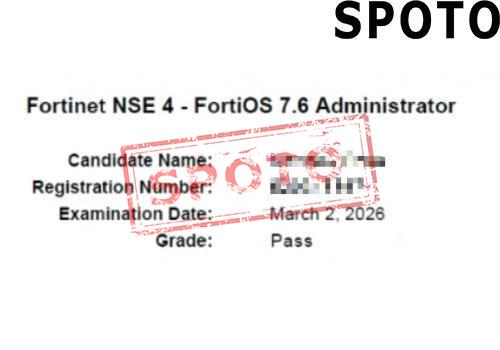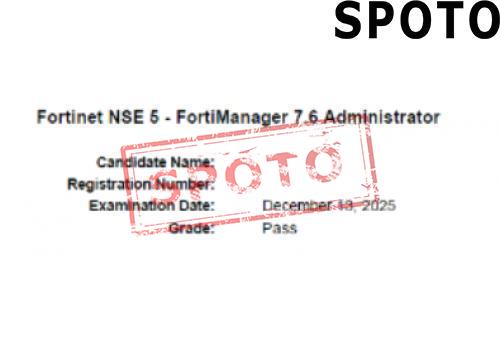
Table of Contents
In today's highly digitalized era, cybersecurity analysts have become the indispensable defensive core for enterprises. With increasingly sophisticated cyber threats, these professionals not only monitor network anomalies in real-time but also proactively build defense systems and predict potential risks.
1. What is Cybersecurity Analyst?
A cybersecurity analyst is a professional responsible for protecting an organization's digital assets from various cyber threats. The demand for cybersecurity analysts is high and continues to grow as organizations increasingly recognize the importance of protecting their digital assets.
Related Occupations:
- Incident Response Analyst
- Security Architect
- Cybersecurity Engineer
- Vulnerability Analyst
- Security Operations Center Analyst
- Application Security Analyst
2. What does a cybersecurity analyst do?
Job Responsibilities
- Threat Monitoring and Detection: Use various security tools and technologies to continuously monitor the organization's network, systems, and applications.
- Vulnerability Assessment and Management: Regularly assess the security vulnerabilities of the organization's IT infrastructure.
- Incident Response: When a security incident occurs, the cybersecurity analyst needs to quickly contain the incident, investigate its root cause, and work with other teams to mitigate the impact and prevent similar incidents from happening again.
- Security Policy and Procedure Development: Assist in the development and implementation of security policies and procedures. Ensure that these policies are in line with industry best practices and regulatory requirements.
- Security Awareness Training: Educate employees within the organization about cybersecurity best practices.
Required Skills
- Technical Skills: Proficiency in network security technologies, such as firewalls, intrusion detection systems, and virtual private networks (VPNs). Knowledge of operating systems, programming languages, and database management is also essential.
- Analytical Skills: Ability to analyze complex security data and identify trends, patterns, and potential threats. Strong problem-solving skills are needed to address security issues effectively.
- Communication Skills: Good communication skills are required to report security incidents and findings to both technical and non-technical stakeholders.
- Knowledge of Security Frameworks and Standards: Familiarity with industry-recognized security frameworks and standards.
3. Why become a cybersecurity analyst?
Becoming a cybersecurity analyst offers a multitude of advantages, including high demand in the job market, the opportunity to work with cutting-edge technology, and the ability to make a significant impact on an organization's security. Here are the details:
High Demand and Job Security
Organizations across all industries rely on cybersecurity analysts to protect their sensitive information, financial assets, and reputation. This high demand ensures a stable job market with excellent career prospects.
Intellectually Stimulating Work
The field of cybersecurity is dynamic and challenging, requiring analysts to constantly stay updated on the latest threats, technologies, and security trends. Cybersecurity analysts are constantly solving complex problems, analyzing data to detect and prevent cyberattacks, and devising innovative strategies to safeguard digital assets.
Lucrative Salary and Benefits
Due to the high demand and specialized skills required, cybersecurity analysts enjoy competitive salaries. According to Payscale, the average salary for a cybersecurity analyst in the United States is around $84,000 per year, with the potential to earn even more with experience and additional certifications. In addition to a good base salary, many positions also come with benefits such as health insurance, retirement plans, and bonuses.
Opportunity to Make a Difference
Cybersecurity analysts play a crucial role in protecting organizations, governments, and individuals from the devastating consequences of cyberattacks. By preventing data breaches, they safeguard the personal information of customers, protect the financial stability of companies, and contribute to the overall security and stability of the digital ecosystem. Their work helps maintain the trust and confidence of the public in the online world, which is essential for the continued growth and success of the digital economy.
Diverse Career Paths
The skills and experience gained as a cybersecurity analyst can open the door to a variety of related career paths. Analysts can specialize in areas such as network security, application security, cloud security, or incident response. Additionally, there are opportunities to work in different industries, including finance, healthcare, government, and technology, allowing for a diverse and fulfilling career.
4. How to Become a Cybersecurity Analyst?
Obtain a Relevant Degree
A bachelor's degree in cybersecurity, information technology, computer science, or a related field is often the minimum requirement. These programs cover essential topics such as network security, operating systems, programming, and database management.
Gain Technical Skills
Network Security: Learn about firewalls, intrusion detection and prevention systems, VPNs, and network protocols to secure network infrastructure.
Operating Systems: Have a good understanding of Windows and Linux systems, including security configurations and patch management.
Get Certified
CompTIA Security+: This is an entry-level certification that validates basic knowledge and skills in network security, compliance, and operational security. It's a good starting point for those new to the field.
CompTIA Cybersecurity Analyst (CySA+): It is a certification for network professionals. It is more in-depth and focuses on practical network security analysis and detection work compared to CompTIA Security+.
Gain Practical Experience
Internships: This hands-on experience will give you a chance to apply your classroom knowledge in a real-world setting and learn from experienced professionals.
Personal Projects: Work on personal cybersecurity projects, such as setting up a home lab to practice network security configurations and creating a simple web application and testing it for security vulnerabilities.
Stay Updated
The field of cybersecurity is constantly evolving, with new threats and technologies emerging regularly. Subscribe to industry publications, follow cybersecurity blogs and podcasts, and join professional organizations such as ISSA. Attend conferences, webinars, and training sessions to stay current with the latest trends and best practices.










